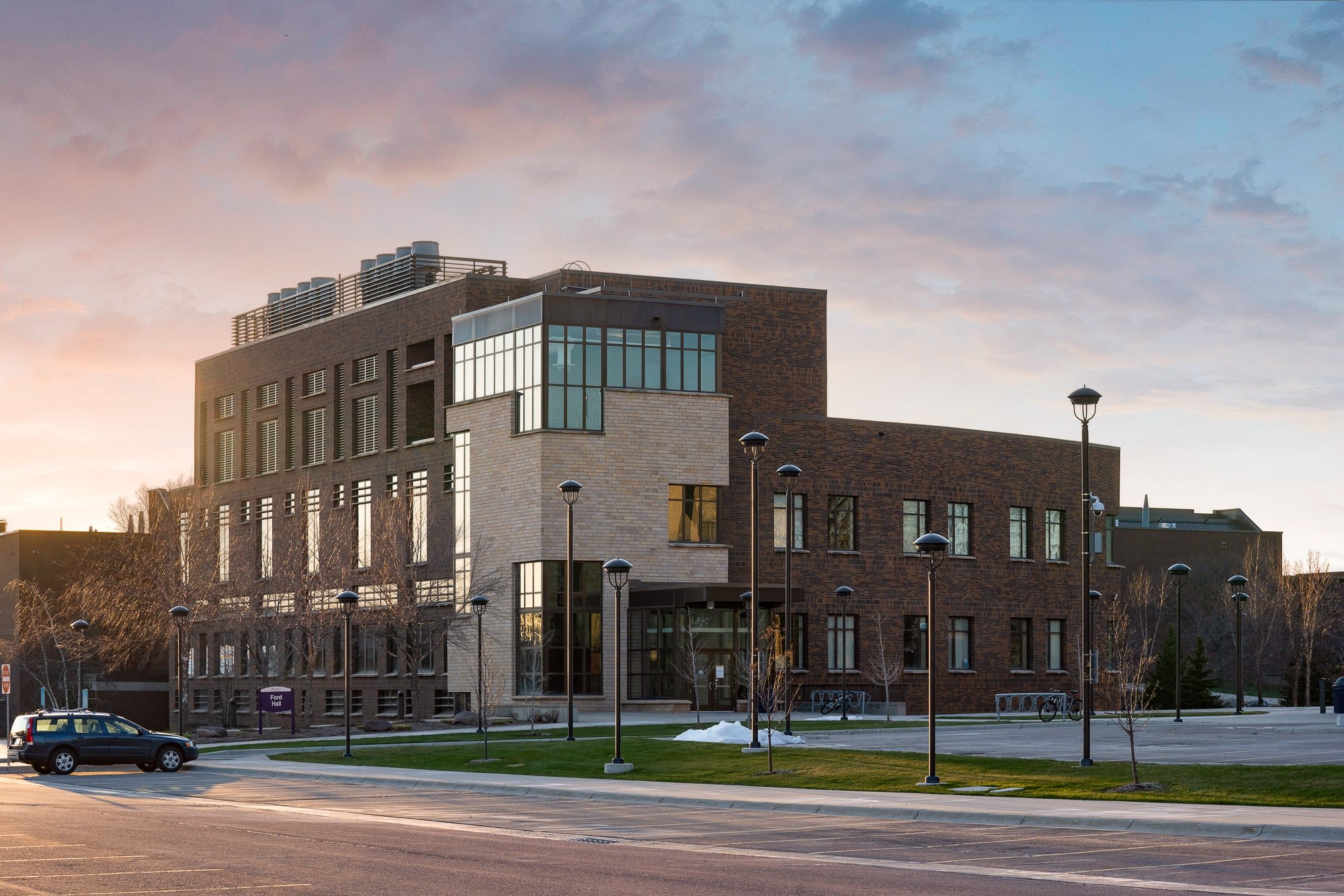An Interview with Entrepreneurial Spirit, Jordan Powers.
Jordan Powers is an American architectural photographer and filmmaker documenting commercial and residential spaces throughout the country. Jordan has a genuine interest in the environments that he documents, especially contemporary homes for designers and architects. You can find more about him on his Podcast here.
This interview has been edited for length and clarity.
Hi Jordan, tell us about yourself and your background!
I’m Jordan Powers, I’m a photographer based in Minnesota in the United States. It’s in the upper midwest part of the United States. Um boy… trying to think what else. I mean, that’s pretty much it.
Before photography, I’ve held close to 30 different jobs—I’ve always been a little more entrepreneurial so it’s hard for me to stay in something for more than two years before I get bored and I need to change it up.
In 2006, I was working for a large cell phone company and I relocated with them to Minnesota. I was with them full-time until four years ago when I started my own photography business. I still have an arrangement with them where I do video content for them monthly or every other month but I’m pretty much doing this full-time.
So you’re saying that it’s only been four years? That’s quite impressive. How did you start?
I actually started shooting wedding photography in 2006-2007 and by 2009 when we relocated to Minnesota I was getting burned out with weddings. We were doing some destination weddings at that point. We were traveling a lot because we had moved to Minnesota and a lot of our contracts were set up in Ohio and that's a 12 hour drive. So we had 16 weddings when we moved to Minnesota so we had to drive back and forth 12 hours each way. After 16 times, we were just done with weddings period. So we stopped officially doing weddings in 2010.
We were looking for a house and I realized all the photos just looked really bad so I asked the real estate agent we were working with if they have ever considered doing real estate photography and he's like no I hadn't—and that’s how I started doing real estate photography.
I had some experience with commercial photography because while I was shooting weddings there was also a marketing company in Ohio that hired me to do some commercial work where I was shooting higher end restaurants. I think I did an office space or two as well. It's been a long time some details are a little fuzzy but I always felt composition came naturally for me.
I was always into art, painting, and drawing. I did graffiti for a long time, I did a lot of sculpting, and sketching. I always been into art so I think that all blended together to lead me to where I am now.
There’s a common trend we’ve seen where “artist”photographers struggle to adapt to the business of photography. Does that resonate for you?
I mean that's just the nature of business. The difference with photographers is most photographers aren't business people.
Most photographers are artists or they're nerds and they just stumbled across photography and they discovered they can make money doing that.
I’m kind of somewhere in the middle. I didn't know early on that I wanted to be a photographer or anything like that, I had a camera when I was younger but I didn't do anything with it. I think the struggle just comes with doing business and when you’re in a creative niche like ours, you're kind of on your own. You don't really necessarily have a big team and you're doing this on your own.
It's going to be a grind and especially if depending on your location, your personality, your resources, there's so many different things that are going to play into that.
What are the the the things that frustrate you more in terms of freelance work?
Right now it's getting new clients. I wish we could show a screen of where I’m at in the world but picture picture the state of Minnesota. I’m all the way down here and all the businesses way up here about two hours north of me. Okay?
1) I’m trying to get business that's two hours away from me, 2) the market where I’m trying to get business from is very saturated with other photographers and 3) those other photographers aren't necessarily charging what I am charging. They're charging a little less in some cases a little more in other cases.
So what’s your strategy to break through the noise and attract new clients?
Before I made the decision to switch to architectural photography, I was also trying to grow a real estate business. The first step is you have to decide what you want to do and once you make that decision, it’s a lot easier to switch your mindset and get into a mindset where you’re going to be more focused on growing that business.
The first thing I did was unfollowing probably like one thousand people that weren’t in my niche that I wanted to focus on. If they were just a real estate photographer, landscape photographer, or a funny account, I would unfollow. If it didn’t focus on the goal of shooting architectural design, I would unfollow them.
Now there are exceptions, I still follow people I’ve become friends with but other than that, I had to get my focus straight. Then for step two, I created a separate website for my architectural photography because my real estate and architecture, design photography were not related.
Make sure your website is focused on who you want to work for and what you want to be shooting. When I started, my initial portfolio was just the nicer luxury listings that I photographed for real estate and I used those. Over time, all of the shots transitioned to either architecture, design, or a build client.
How did you market yourself and your services?
When COVID hit and everything shut down for a few weeks here, I drove around and took photos of all the commercial architecture in our city and I just drove by them several times. I scouted the best time of day, looked for the best light, I treated each one of them as thought they were going to be shot for a client.
I tagged the architects that designed them, I tagged the builders and the companies themselves and I just tried to put myself out there so those actions helped me.
Another thing I do… first of all, this is a little obsessive and nerdy but I actually screen record every edit that I do. Sometimes, I do this commentary while I’m editing and sometimes I just edit and screen record. The reason I do this is because I learned early on that my clients don’t really understand what goes into photography. They think you just buy a big fancy camera, shoot with it, and send the pictures to them. So when I started showing clients a time lapse of what I looked like to edit their photos, they’re blown away and I didn’t have to haggle with them on price anymore.
What I did for one of these buildings that I shot during Covid is I screen recorded the editing process, I posted that on Instagram along with the final photo.
For some backstory, there was a bank that was being built in my city and I had followed it from start to finish and when it was almost finished I knew that this architecture firm was the main commercial architecture firm in my city. They normally worked with another photographer and I was trying to work with them for years but I just couldn't get my foot in the door.
So, I went and shot it before that they could get the other photographer to go shoot it. I just shot the outside exterior there's a nice sunset happening screen recorded the edit, posted it to Instagram and I tagged them as well as the local stone manufacturer who did the facade of the building. I messaged them saying:
“Hey I would love to shoot this when it's finished. Here's what I’ve done so far you know just on my own and I’ll include this as part of the thing!”
I got the job and I also got four other jobs after that one from this commercial architecture client. So, now because of going and getting an exterior shot of their project on my own and taking my own initiative as well as recording the time-lapse to share it with them.
They trusted me enough to hire me for for more projects and now they're a client of mine. Hopefully that's helpful to somebody. This really helped me get my foot in the door with commercial. I’ve got them as a client now I’ve got another commercial architecture firm as a client—when I say client, I consider them a client if they're going to continue to hire me over and over and over not just a one-off.
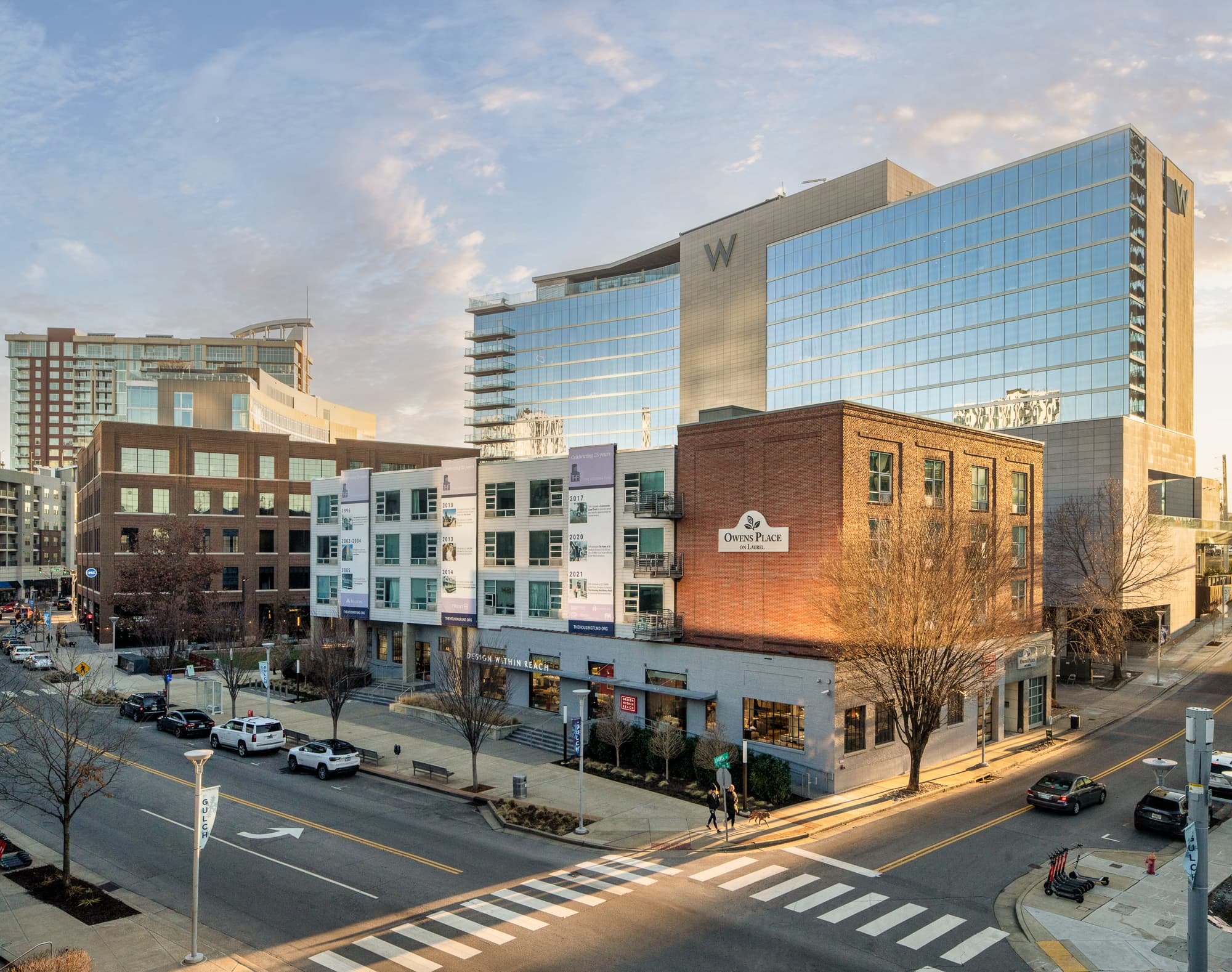
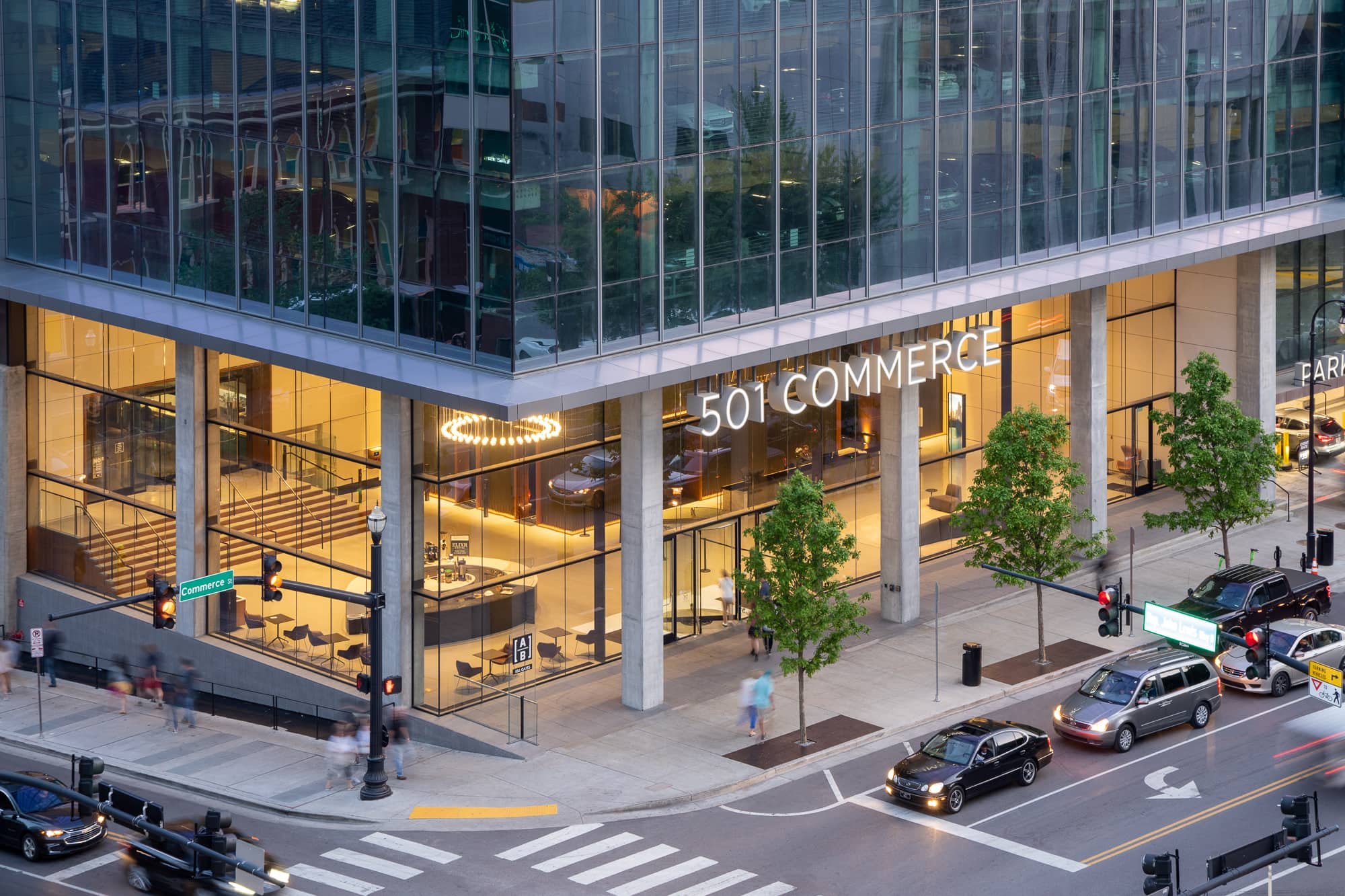
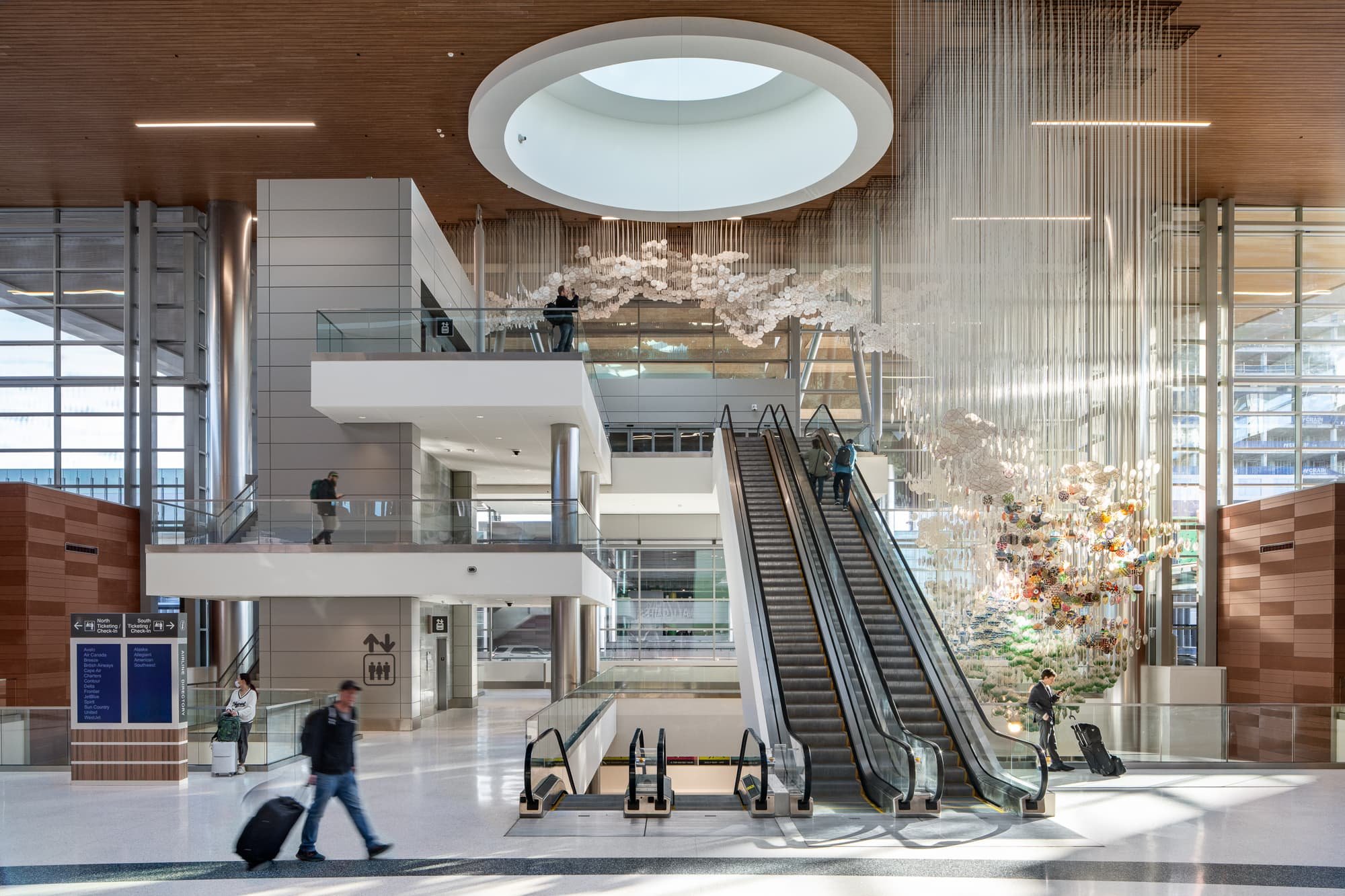
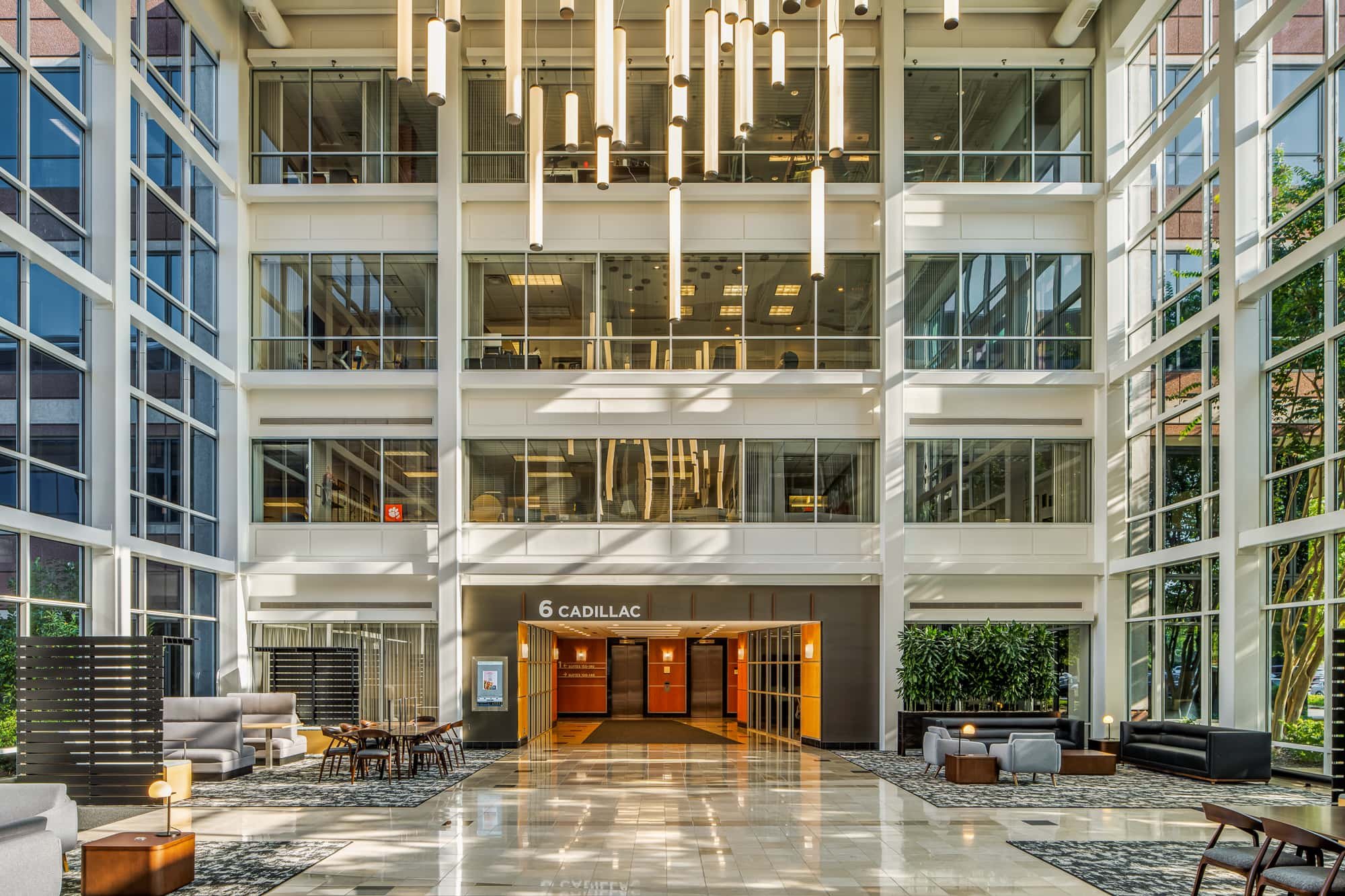
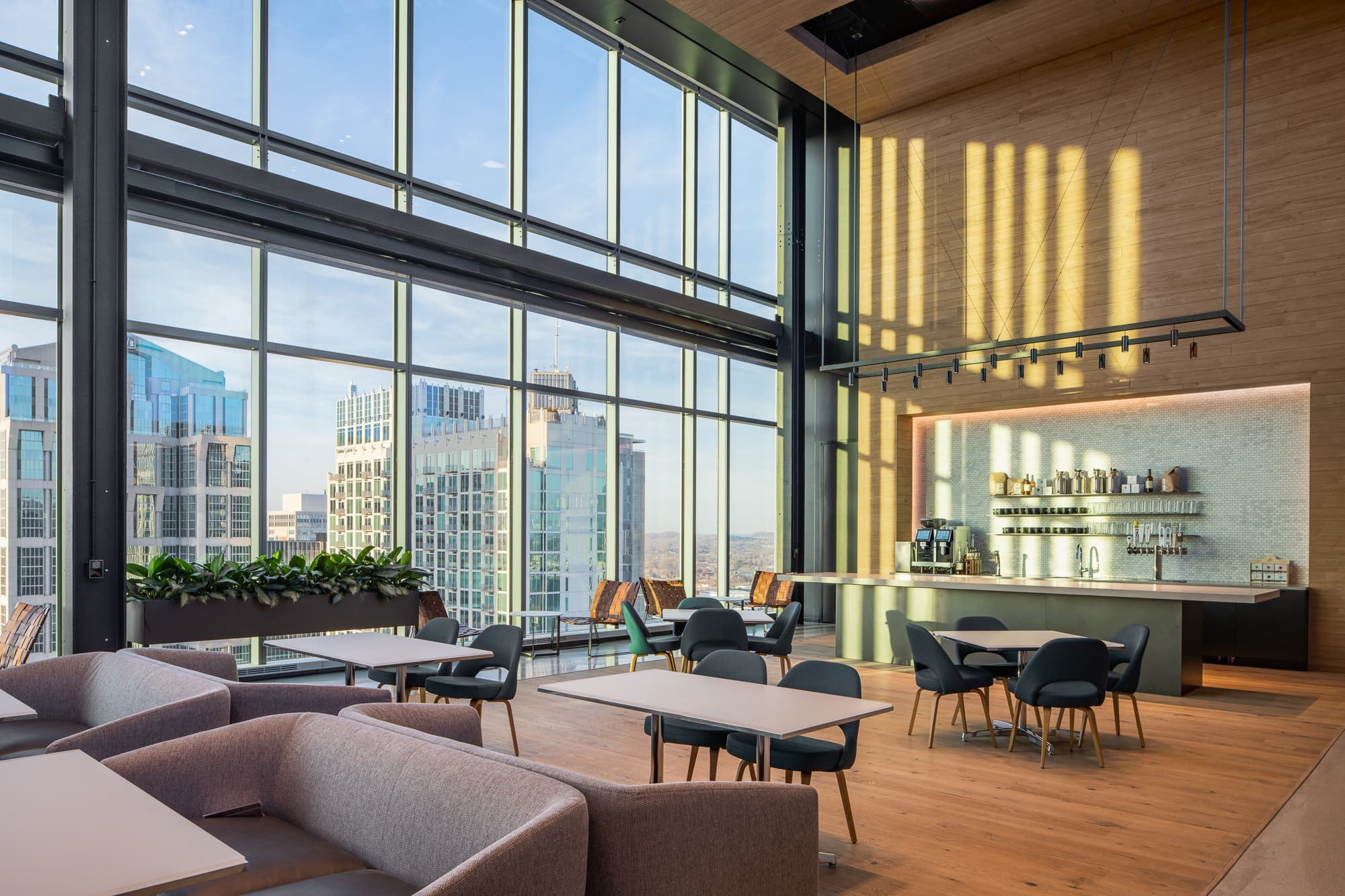
To see more of Jordan’s work, visit his website here.




